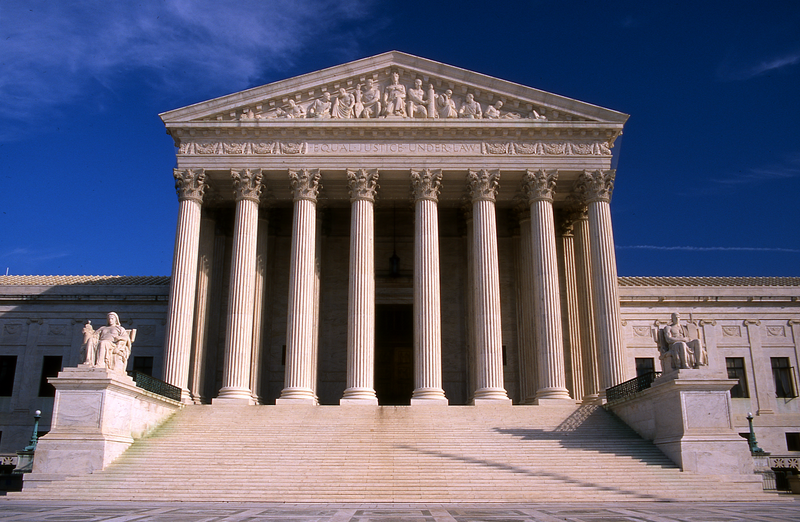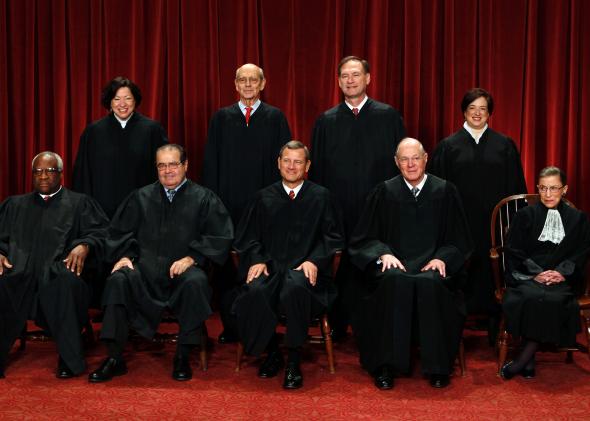The Supreme Court does not hear new testimony on the facts of the case. Normally it is assumed that the adversarial process in the lower court has resulted in any assertions of fact that are in question being challenged if they are questionable. Expert witnesses may be called by both sides in those lower courts (and sometimes the lower court judge will seek independent scientific council).
However, these days the Supreme Court will receive many amicus briefs -- that is briefs by "friends of the court". Those amicus briefs may contain purported statements of fact, and apparently they are sometimes taken as such and influence the decision of the Supreme Court justices, even being cited in the formal opinions on the case. The problem is that they are not subject to the adversarial process and may indeed be false. Thus the Supreme Court decision may be biased by false statements and may even enshrine those statements in its permanent records.
Here are some examples cited in the article:
In a 2011 decision about the privacy rights of scientists who worked on government space programs, Justice Alito cited an amicus brief to show that more than 88 percent of American companies perform background checks on their workers.
“Where this number comes from is a mystery,” Professor Larsen wrote. “It is asserted in the brief without citation.”
In a 2012 decision allowing strip searches of people arrested for even minor offenses as they are admitted to jail, Justice Anthony M. Kennedy cited an amicus brief to show that there are an “increasing number of gang members” entering the nation’s prisons and jails. The brief itselfdid little more than assert that “there is no doubt” this was so.
And in a 2013 decision, Justice Stephen G. Breyer cited an amicus briefto establish that American libraries hold 200 million books that were published abroad, a point of some significance in the copyright dispute before the court. The figure in the brief came from a blog post. The blog has been discontinued.Amicus briefs are prepared by people and organizations with interests that they wish to promote. Sometimes the organizations fund research, and the research reports are cited in amicus briefs even though they have not been subjected to peer review.
There are no fact checkers employed by the Court to validate the claims put forth in the amicus briefs prior to the briefs being read by the Court's clerks and the Justices themselves. Apparently the justices are not always as "information literate" as we would like, accepting unwarranted statements in the briefs, being affected by them, and even citing them.


No comments:
Post a Comment